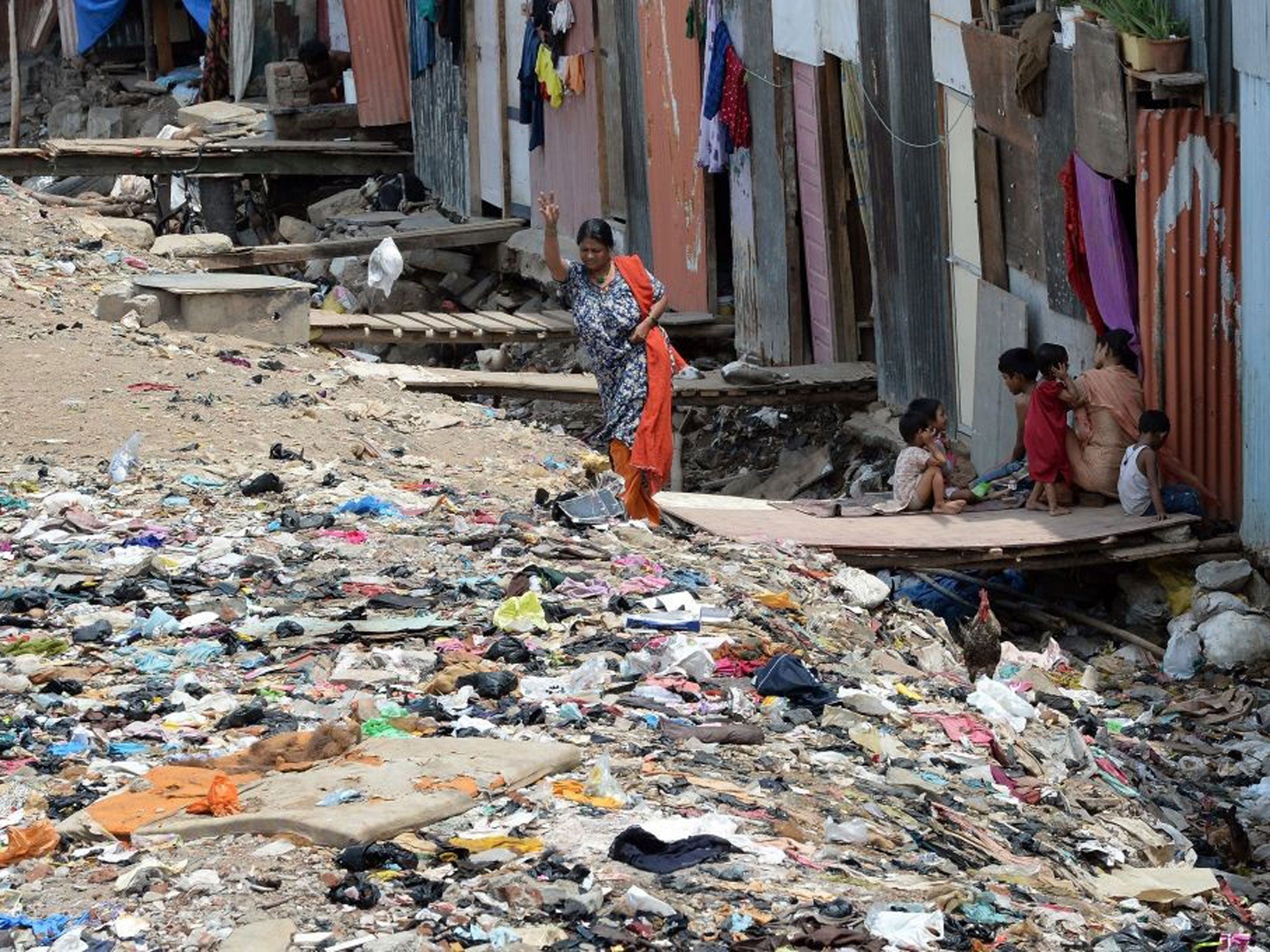Mark Jones: 'Incredible India' is getting incredibly trashed
Something to Declare

I was taking a photograph in a side street in the French quarter of Pondicherry. Elegant walls, balustrades, blue sky, all that colonial charm you've heard about. Snap. Then I moved the lens down a bit and to the left. Piles of debris. Newspapers, plastic bags, indeterminable food remains, rags, two stray dogs. The camera went snap – back in the bag.
You don't want to come back from India with the real picture. So we crane our necks, hold our cameras in the air, spend hours with our iPhoto editing tools. We crop our experiences. And those of us in the travel-writing and marketing trades also use our editing tools. From the customised Euphemism Dictionary and Panglossian Adjectival Software we select terms like "colourful", "vibrant" and "chaotic".
Meanwhile, the rubbish gets worse and worse. The cities are getting buried. New Delhi chucks away 10,000 tons a day. That's predicted to double in 10 years. Neither landfill nor the wretched armies of slumdog scavengers can keep it in check.
In a way, rural India is even more depressing. I drove through the provinces south of Chennai in search of Malgudi, or rather a good approximation. Malgudi is a fictional town. It was created by RK Narayan for his marvellous novels that made many of us fall in love with the India and the Indians that dwell beyond the forts and monuments.
I gave up. Whenever I got a glimpse of a street or a riverside walk that conjured up Malgudi, that view was polluted by another pile of garbage or the tattered remains of plastic bags clinging to fences and trees.
After 10 or 12 visits to what the tourist board calls – and which often is – Incredible India, I am, for the first time, getting discouraged from going again.
Inevitably, politics, corruption and bureaucracy have a lot to answer for. But so is the authorities' unwillingness to address what strikes me as an increasingly typical cultural mindset, which says: "I will keep my front porch spick and span, but once I'm out on the public highway, who cares?"
The rubbish gets exported, too. I spent a seething hour walking up to the spectacular Tiger's Nest monastery in Bhutan picking up discarded sweet wrappers and drinks cans. (In Bhutan, incidentally, plastic bags are banned: such is that kingdom's determination to avoid the fate of its southern neighbour.)
I wouldn't blame Indians for doing a little seething of their own at being lectured by a foreign journalist, and a British one at that. It wasn't that long ago that even the smarter London streets were pretty forlorn and grimy.
And the mild repugnance I feel hardly counts where Indians have to cope daily with poisoned aquifers, rabid dogs – and even, around Mumbai, the risk of attack from leopards drawn in from the national parks by the uncollected mounds of rubbish.
I don't say that solutions are easy to find; but solutions there are. There are biomass and composting plants to convert rubbish into valuable fertiliser. And once there is a market for those old plastic bags and bottles, be sure the streets and highways will be picked clean.
Subscribe to Independent Premium to bookmark this article
Want to bookmark your favourite articles and stories to read or reference later? Start your Independent Premium subscription today.

Join our commenting forum
Join thought-provoking conversations, follow other Independent readers and see their replies